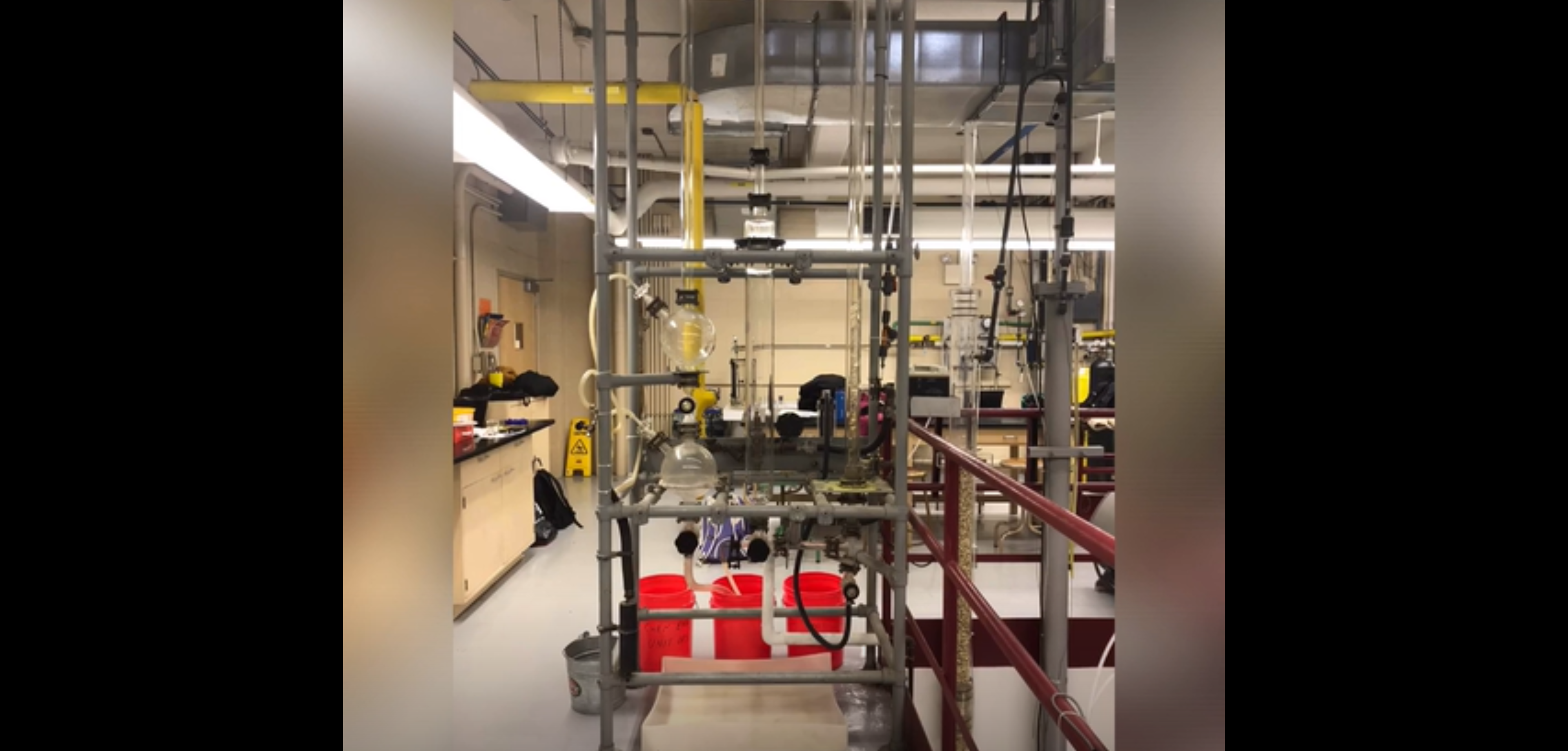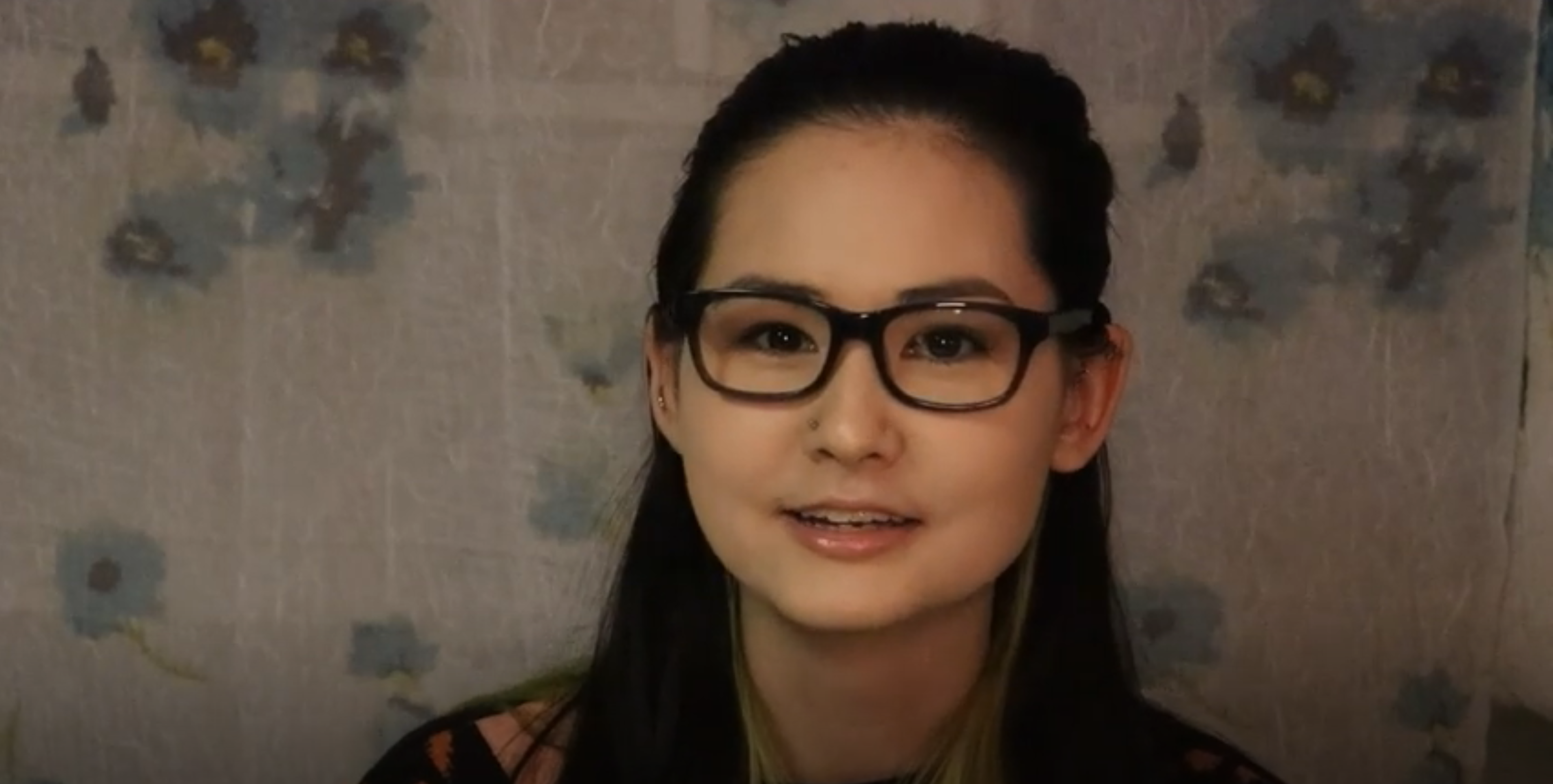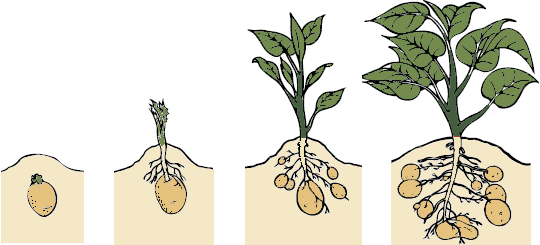News from the WPI Office of Undergraduate Research - July 10
Department(s):
Undergraduate ResearchFeatured Showcase Projects
With so many great projects to see at the Virtual Research Showcase, and not nearly enough time to see them all in one sitting, this newsletter will showcase a few featured projects each week.
Modular Socially Assistive Robot Framework - Computer Science, Electrical & Computer Engineering, Mechanical Engineering, Robotics Engineering
Socially assistive robots (SARs) are designed to assist in the development of social skills. One promising application of SARs is in applied behavior analysis (ABA) therapy, which helps those diagnosed with autism spectrum disorder (ASD) develop social skills. To assist in ABA therapy, an SAR titled Penguin for Assistive Behavioral Intervention (PABI) was created. PABI uses modular social assistive robot framework (MSARF) to allow for further development and large-scale utilization of this innovative assistive technology. PABI is an essential ABA therapy tool because it performs rigid assessments and real-time data logging, which increases the quality of ABA therapy by reducing time spent manually logging data and enforcing strict adherence. See, hear, or read more...

Students: Jacob Bader, Tyler Dubuke, Jonathan Sanchez, Raymond Schade
Major: Computer Science, Electrical & Computer Engineering, Mechanical Engineering, Robotics Engineering
Advisors: Profs. Gregory Fischer and Carlo Pinciroli
Developing Reusable Microfluidic Hormone Test Chip - Chemical Engineering
Hormone testing is a necessary indicator of the health of people worldwide. A microfluidic chip is often used to evaluate the presence or levels of a specific hormone in a person’s body. In some places these tests can be inaccessible to the common person. Another issue regarding hormone testing is any user would be using it repeatedly, not just once, making this a recurring expense. These tests are single use, and commonly made of non-biodegradable materials such as plastic. To make these tests more accessible and sustainable, this paper will explore the options for creating a reusable microfluidic hormone testing system, which could be used repeatedly and regularly to check the health of its user. See, hear, or read more...

Students: Shaye Johnstone
Majors: Chemical Engineering
Advisors: Prof. Andrew Teixeira
Adaptation of Ecuadoran National Music for Chamber Music Ensemble - Humanities and Arts, Provost MQP Award Winner
The goal of this project was to take Ecuadorian national music and transform it for the students at WPI to increase the community’s cultural awareness and make Ecuadorian music more accessible. Three different styles were arranged for a combined instrumental and choral ensemble of WPI students using the skills learned from classes in music theory, arranging and orchestration, performance, and conducting. The result was arrangements of Vasija de Barro, Corazόn Herido and Nuestro Juramento for an ensemble of 31 musicians. See, hear, and read more...

Students: Sarah Butts
Majors: Humanities and Arts
Advisor: Profs. Douglas Weeks and Joshua Rohde
Summer Professional Development Series of Undergraduates (SPuDS)

Over forty summer undergraduate researchers have been giving presentations and developing professional skills in the SPuDS program, which is run by Dean Weekes. The students have heard from several faculty members about their personal and professional paths – Andrea Arnold, Tiffiny Butler, Sarah Olson, Sarah Stanlick, Yunus Telliel, and Catherine Whittington – and have participated in several hands-on workshops.
In week one, Prof. Tiffiny Butler, Director of the Office of Multicultural Affairs and Assistant Teaching Professor in Biomedical Engineering presented to students in the SPuDS Program. She led the session What are Your Strengths? focused on the importance of recognizing and assessing one’s personal strengths, including those originating from non-traditional experiences. Students built individual asset maps and worked together on an ice-breaker challenge involving skillsets. Prof. Butler emphasized to the students that every research project is an opportunity to grow and learn new things.
Prof. Brenton Faber, Humanities and Arts & Biomedical Engineering, ran the session Ethics: Research the Right Way in week two. He shared with students an interactive presentation about public trust in science, public understanding of science, as well as the ethical implications of these. He also emphasized the importance of being ethical in one’s own research, as it often has potential to impact human lives. Students enjoyed interacting with Prof. Faber’s presentation and with each other via the site menti.com.
Prof. Ron Grimm, Assistant Professor in Chemistry & Biochemistry, and Prof. Catherine Whittington, Assistant Professor in Biomedical Engineering, gave students great guidance and advice in their Making Effective Presentations workshop. Students appraised and improved slides in their zoom breakout rooms, critiqued and analyzed graphs, and discussed together an idea for a new way of laying out research posters. Professors Grimm and Whittington also shared the importance of knowing one’s audience and creating presentation materials and content that are effective and engaging for that audience.
Look out for our next newsletter to find out more about the participating students and their research projects. -Ally Salvino ’22
Summer Undergraduate Researchers
This summer, there are many undergraduate students doing research with faculty. They are funded by the EREE Program, the STAR Program, and faculty/departments. Here are some of them:
- Maya Angeles (Robotics Engineering), Prof. Sarah Stanlick (Interdisciplinary & Global Studies)
- Ishani Bedre (Biochemistry), Prof. Patricia Musacchio (Chemistry & Biochemistry)
- Michela Benazzi (Chemical Engineering, Interdisciplinary), Prof. Kristin Boudreau (Humanities & Arts)
- Robert Brodin (Computer Science), Prof. Chun-Kit Ngan (Data Science)
- Alison Drapeau (Biomedical Engineering), Prof. Haichong Zhang (Biomedical Engineering)
- Mariko Endo (Interactive Media & Game Development), Prof. Jennifer deWinter (Humanities & Arts)
- Angel Fernandez (Mechanical Engineering, Chemistry), Prof. Patricia Musacchio (Chemistry & Biochemistry)
- Kaitlyn Fichtner (Robotics Engineering, Computer Science), Prof. James Urban (Fire Protection Engineering)
- Constantina Gatsonis (Psychology), Prof. Angela Rodriguez (Social Science & Policy Studies)
- Emily Gonzales (Chemical Engineering), Prof. Andrew Teixeira (Chemical Engineering)
- Zijian Guan (Computer Science), Prof. Erin Solovey (Computer Science)
- Samantha Havel (Biomedical Engineering), Prof. Haichong Zhang (Biomedical Engineering)
- Sola Hoffman (Mechanical Engineering), Prof. Yihao Zheng (Mechanical Engineering)
- Aidan Horn (Computer Science), Prof. Randy Paffenroth (Mathematical Sciences)
- Alisionna Iannacchione (Psychology), Prof. Erin Ottmar (Social Science & Policy Studies)
- Olajumoke Jackson (Computer Science), Prof. Rob Krueger (Social Science & Policy Studies)
- Brady Jeong (Physics), Prof. Doug Petkie (Physics)
- Nichole Leveille (Mechanical Engineering), Prof. Yuxiang Liu (Mechanical Engineering)
- Meng Lian (Chemical Engineering), Prof. Kun-Ta Wu (Physics)
- Jacquelyn Lopez (Robotics Engineering), Prof. Sarah Stanlick (Interdisciplinary & Global Studies)
- Benjamin Lunden (Physics), Prof. Izabela Stroe (Physics)
- Mona Ma (Mathematical Sciences), Prof. Min Wu (Mathematical Sciences)
- Tyler Marcus (Interactive Media & Game Development), Prof. Jennifer deWinter (Humanities & Arts)
- Catherine Masiello (Biology & Biotechnology), Prof. Scarlet Shell (Biology & Biotechnology)
- Kaitlin Mason (Physics), Prof. Doug Petkie (Physics)
- Jocelyn Mendes (Chemistry), Prof. Ronald Grimm (Chemistry & Biochemistry)
- Victoria Mirecki (Mathematical Sciences, Computer Science), Prof. Gillian Smith (Computer Science)
- Alana Miska (Chemical Engineering), Prof. Andrew Teixeira
- Justin Moy (Bioinformatics & Computational Biology), Prof. Scarlet Shell
- Emily Musser (Biology & Biotechnology, Bioinformatics & Computational Biology), Prof. Chun-Kit Ngan
- Alex Nieto (Biomedical Engineering), Prof. Andrew Teixeira (Chemical Engineering)
- Sophia Noel (Biomedical Engineering), Prof. Kristen Billiar (Biomedical Engineering)
- Monika Nowak (Biomedical Engineering), Prof. Kristen Billiar (Biomedical Engineering)
- Susanna Oppong (Biology & Biotechnology), Prof. Reeta Prusty Rao (Biology & Biotechnology)
- Adrian Orszulak (Biology & Biotechnology, Bioinformatics & Computational Biology), Prof. Scarlet Shell (Biology & Biotechnology)
- Isabella Piccione (Chemical Engineering), Prof. David DiBiasio (Chemical Engineering)
- Ally Salvino (Mathematical Sciences), Prof. Erin Solovey (Computer Science)
- Tyler Sanderville (Robotics Engineering), Prof. Yihao Zheng (Mechanical Engineering)
- Trey Sheridan (Chemical Engineering), Profs. Kristin Boudreau (Humanities & Arts), David DiBiasio (Chemical Engineering)
- Jialin Song (Robotics Engineering), Prof. Loris Fichera (Computer Science)
- Juliette Spitaels (Mathematical Sciences), Prof. Gillian Smith (Computer Science)
- Sarah Tarantino (Biology & Biotechnology), Prof. Jagan Srinivasan (Biology & Biotechnology)
- Nicholas Tourtillott (Bioinformatics & Computational Biology), Prof. Liz Ryder (Biology & Biotechnology)
- Sahana Venkatesh (Physics), Prof. Doug Petkie (Physics)
- Shawna Winters (Mechanical Engineering), Prof. Nima Rahbar (Civil & Environmental Engineering)
- Max Wojtas (Society, Technology, & Policy), Prof. Yunus Telliel (Humanities & Arts)
- Mingzhang Zhu (Robotics Engineering, Mechanical Engineering), Prof. Yuxiang Liu (Mechanical Engineering)
This newsletter is sponsored by the Office of Undergraduate Research at WPI. Please contact Prof. Suzanne Weekes, Associate Dean of Undergraduate Studies, ad interim at sweekes@wpi.edu if you have any questions or undergraduate research highlights.